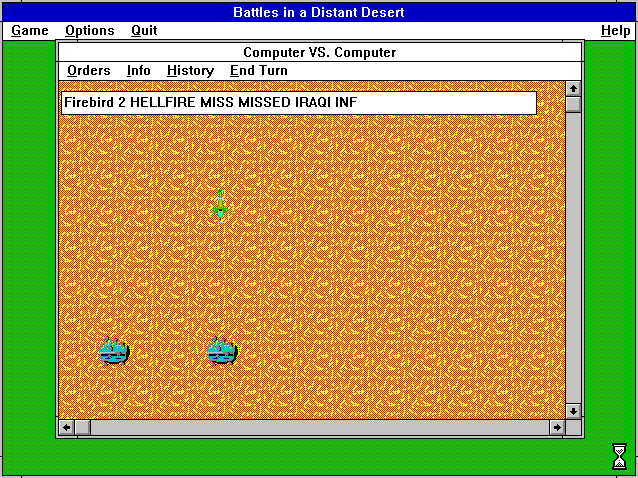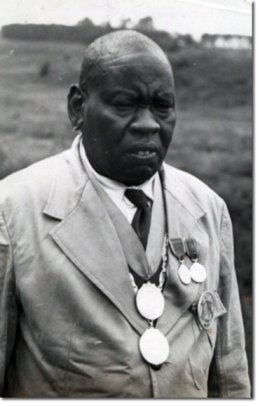There's this tendency to overstate the rigor of the Dutch protocol so that you can say: that's the gold standard but we're not following it and also *these* kids are different.
https://t.co/6VuqDTfIdD
Thank you for expressing more eloquently (and more politely) the impression they left me with when I listened to them on @widerlenspod.
— E. Mitford (@e_mitford) November 9, 2022
https://t.co/Xg94mTRVUu
I listened to the Dutch podcast too. The one where they discussed a person 22 years later who had never had a relationship & 'disgust' with his genitals. They called him a 'success'.
— WDIONTARIO\U0001f1e8\U0001f1e6 pop 15M (@wdiontario) November 9, 2022
What were their failures like? https://t.co/S7L1LntMYJ
Maybe we just need to 'queer' our concept of what a good medical outcome is!
More from All
You May Also Like
To people who are under the impression that you can get rich quickly by working on an app, here are the stats for https://t.co/az8F12pf02
📈 ~12000 vistis
☑️ 109 transactions
💰 353€ profit (285 after tax)
I have spent 1.5 months on this app. You can make more $ in 2 days.
🤷♂️

I'm still happy that I launched a paid app bcs it involved extra work:
- backend for processing payments (+ permissions, webhooks, etc)
- integration with payment processor
- UI for license activation in Electron
- machine activation limit
- autoupdates
- mailgun emails
etc.
These things seemed super scary at first. I always thought it was way too much work and something would break. But I'm glad I persisted. So far the only problem I have is that mailgun is not delivering the license keys to certain domains like https://t.co/6Bqn0FUYXo etc. 👌
omg I just realized that me . com is an Apple domain, of course something wouldn't work with these dicks
📈 ~12000 vistis
☑️ 109 transactions
💰 353€ profit (285 after tax)
I have spent 1.5 months on this app. You can make more $ in 2 days.
🤷♂️

I'm still happy that I launched a paid app bcs it involved extra work:
- backend for processing payments (+ permissions, webhooks, etc)
- integration with payment processor
- UI for license activation in Electron
- machine activation limit
- autoupdates
- mailgun emails
etc.
These things seemed super scary at first. I always thought it was way too much work and something would break. But I'm glad I persisted. So far the only problem I have is that mailgun is not delivering the license keys to certain domains like https://t.co/6Bqn0FUYXo etc. 👌
omg I just realized that me . com is an Apple domain, of course something wouldn't work with these dicks

























